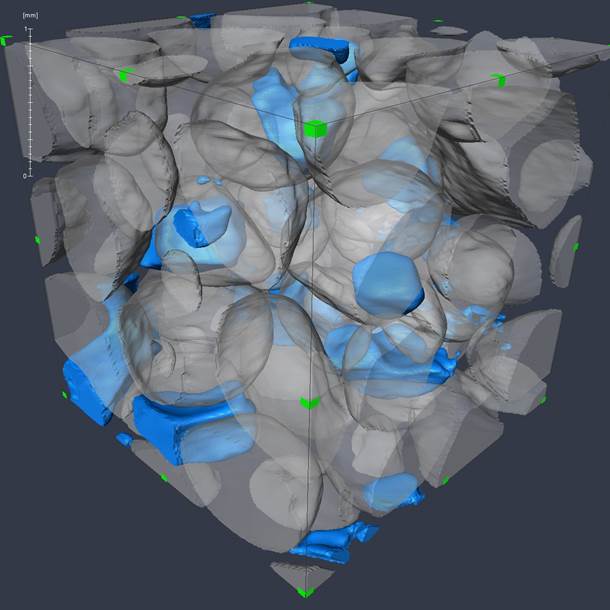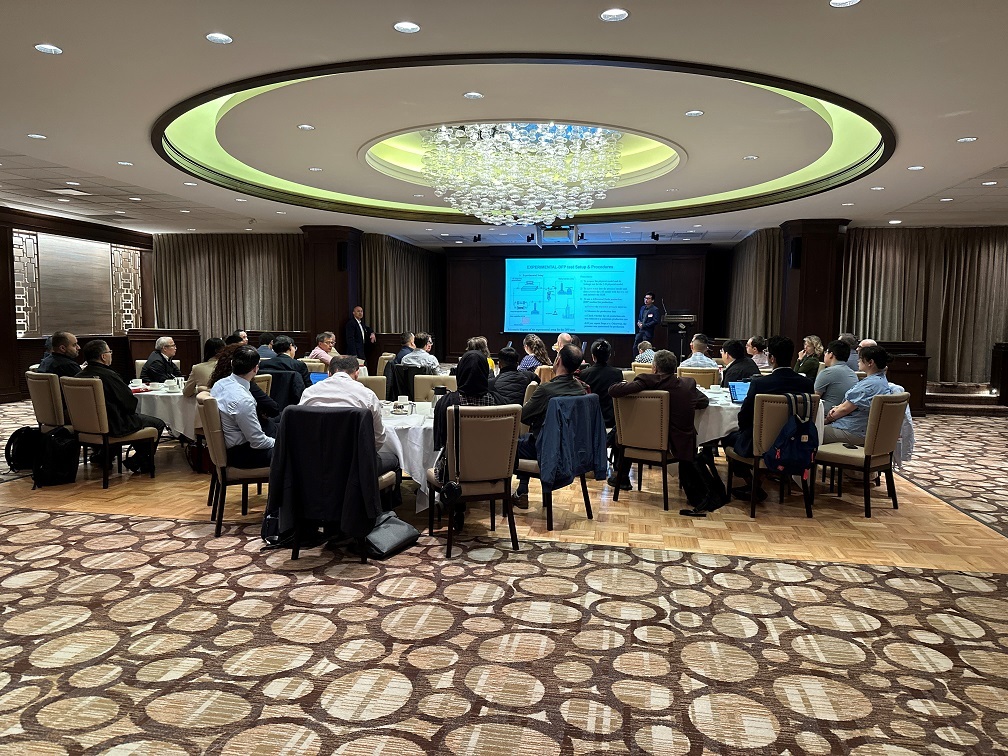HORNET brings together public and industry funders to help design the research program and approve the projects that go forward. To become a funder of the HORNET Research Program, or to gain access to the HORNET Research Library, please contact us at info@ptrc.ca.
HORNET
Since 1998 the Petroleum Technology Research Centre has been facilitating enhanced oil recovery (EOR) research leading to demonstration projects, with a particular focus on the sustainable development of Saskatchewan's (and Canada’s) difficult-to-access heavy oil reserves. Since 2013, the Heavy Oil Research Network (HORNET) has been funding millions of dollars in industry-directed EOR projects to improve the efficiency and reduce emissions from heavy oil extraction.
About
Research
The PTRC’s Heavy Oil Research Network (HORNET) has a particular focus on improving recovery from existing heavy oil reservoirs that are experiencing low (under 10%) recovery rates. Each incremental increase (1%) in oil recovery from Saskatchewan’s 22 billion barrels of heavy oil-in-place means billions of additional dollars in revenues, government royalties, and economic activity for the province.
Hornet
HORNET brings together public and industry funders to help design the research program and approve the projects that go forward. Si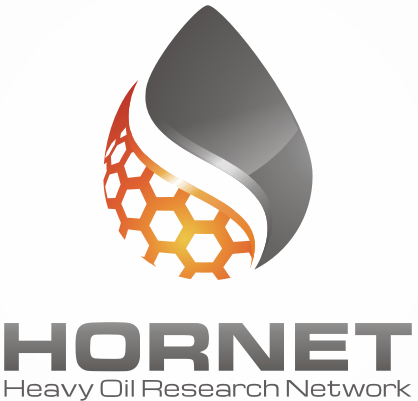 nce the PTRC's inception in 1998, the company has maintained a principal focus on heavy oil EOR research, which has also included a number of field trials (see the JIVE project under Past Research).
nce the PTRC's inception in 1998, the company has maintained a principal focus on heavy oil EOR research, which has also included a number of field trials (see the JIVE project under Past Research).
Currently, HORNET approves between 10 and 15 projects per year, with an estimated funding value from the PTRC of $1.5 million. Most of the approved projects are conducted at the Universities of Regina and Saskatchewan, with some collaboratiive projects including the Universities of Calgary and Alberta.
Primary Research Areas
The HORNET program sponsors research in these key heavy oil areas to improve recovery rates, lessen energy use, and improve environmental impacts:
- Cold Heavy Oil Production with Sand (CHOPS) and post-CHOPS
- Cyclic Solvent Injection (CSI) involving the use of different solvents for enhanced oil recovery (including CO2)
- Waterflood and chemical flood optimization
- Foamy oil formation
- Development of surfactants, polymers and alkalis for enhanced recovery
- Improvement and optimization of thermal technologies such as steam-assisted gravity drainage (SAGD)
- Reservoir characterization including computer modelling of wormholes for better EOR
Foamy oil, here being imaged as it forms in real time by the Canadian Light Source's Synchrotron, is just one of the sponsored research areas in the HORNET program
In the 2023-24 research year, the following projects were selected for funding:

Technical Advisory Group
The leveraged funding provided to the HORNET program from industry sponsors - currently Canadian Natural Resources Limited (CNRL) and Cenovus Energy - allows those funders to sit on the program's Technical Advisory Group (TAG) to liaise with researchers and provide input during the annual request for proposals (RFP) process.
Hornet meetings, reporting research findings to our industry sponsors, occur twice a year (spring and fall).
Meetings between the TAG and research scientists allow for the dissemination of results and for projects to adapt and respond to real opperational challenges occuring in the field.
Request for PRoposals
Annually each Spring-Summer, the PTRC issues a request for proposals (RFP) to researchers at key institutions like the University of Regina and Saskatchewan, with clear instructions on desired areas of research that are particularly impactful for the goals of government and private sector funders.
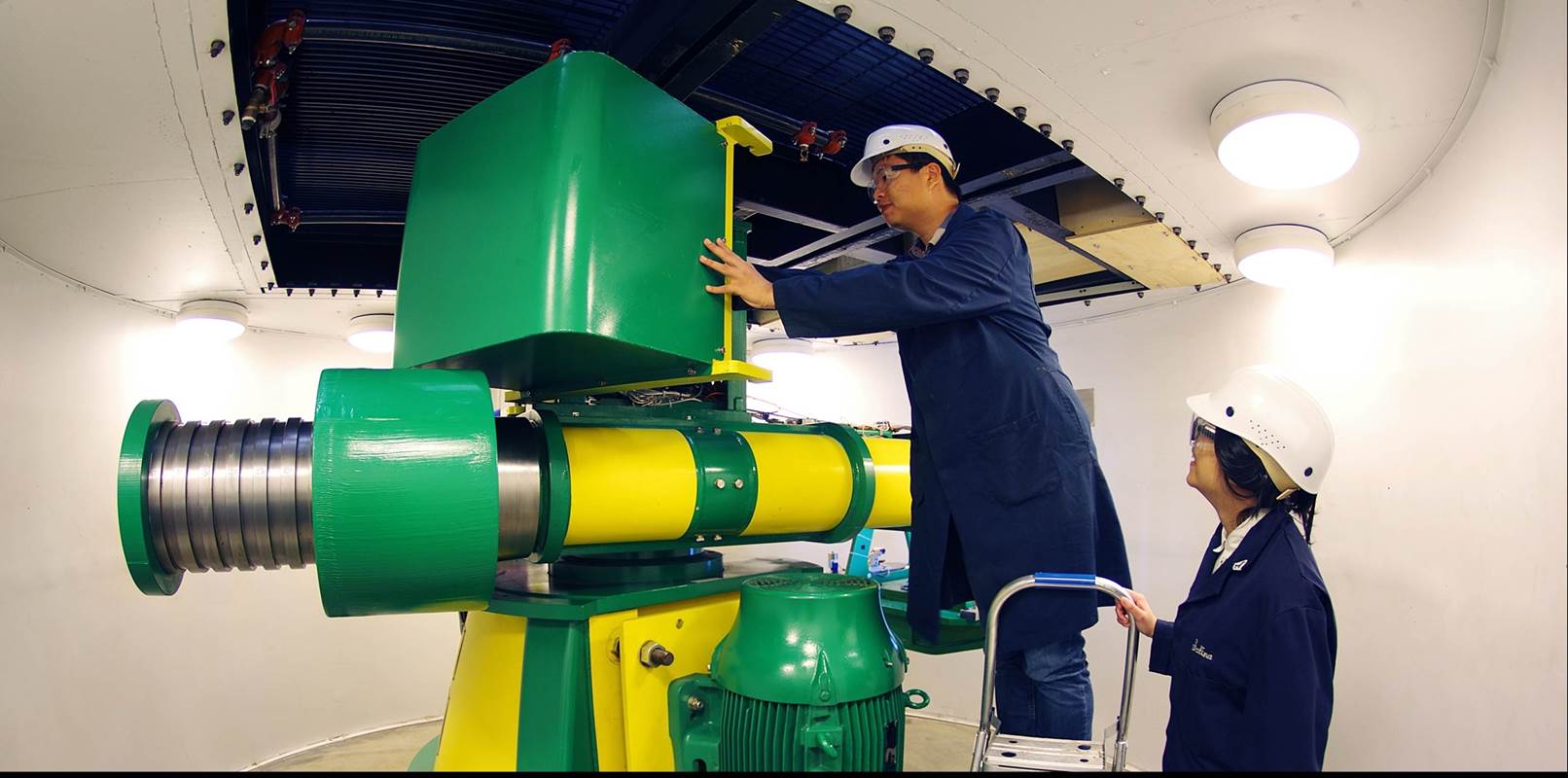
Successful projects like the University of Saskatchewan's collaboration with University of Alberta, using a centrifuge to mimic wormhole creation in reservoir conditions, are chosen via the RFP.
The initial applications are then reduced to finalists who are asked to submit full, budgeted proposals. Final decisions are usually made by late summer of each calendar year. Contact the PTRC (info@ptrc.ca) if you are interested in receiving infomation about the RFP process.
HORNET AND STEPS DATABASES
Prior to the HORNET program, PTRC has had a tradition of oil and gas research reaching back to the year 2000. Research results from these earlier projects - including a federally funded Network of Centres of Excellence called "Sustainable Technologies for Energy Production Systems" (STEPS) - are available in the STEPS Database, which has a link in the "Resources" drop down menu above. Access is restricted, and passwords may be granted on a case-by-case basis by contacting the PTRC.
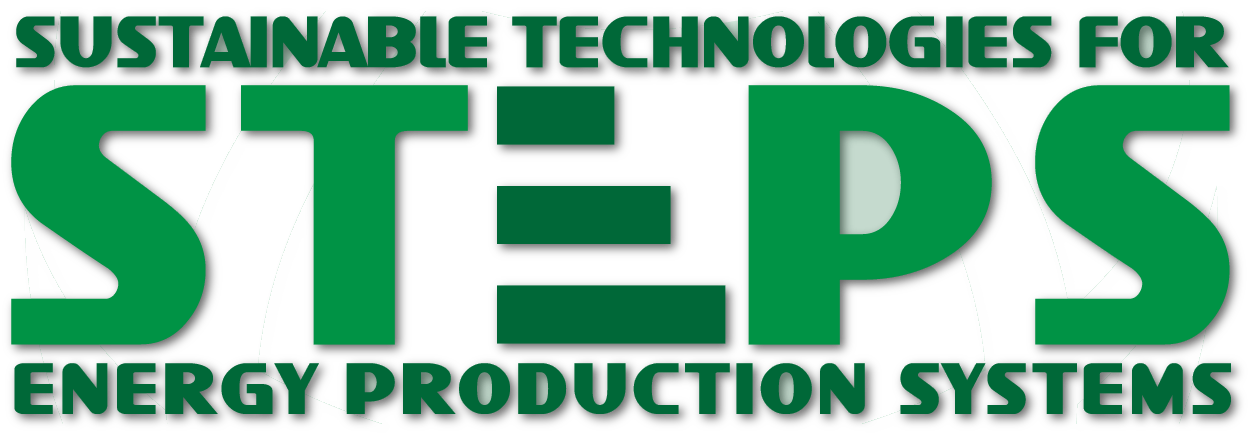
Reports for projects completed or underway in the HORNET program are only available to paid sponsors of the research
Partners


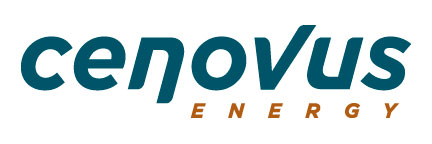
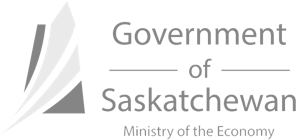
Research Partners
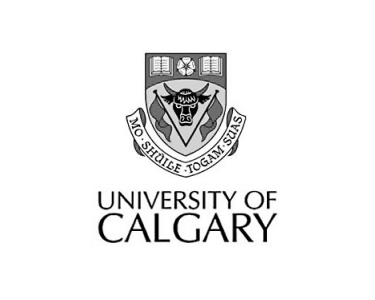



© 2026 Petroleum Technology Research Centre
Website by OH! Media a division of Phoenix Group.


